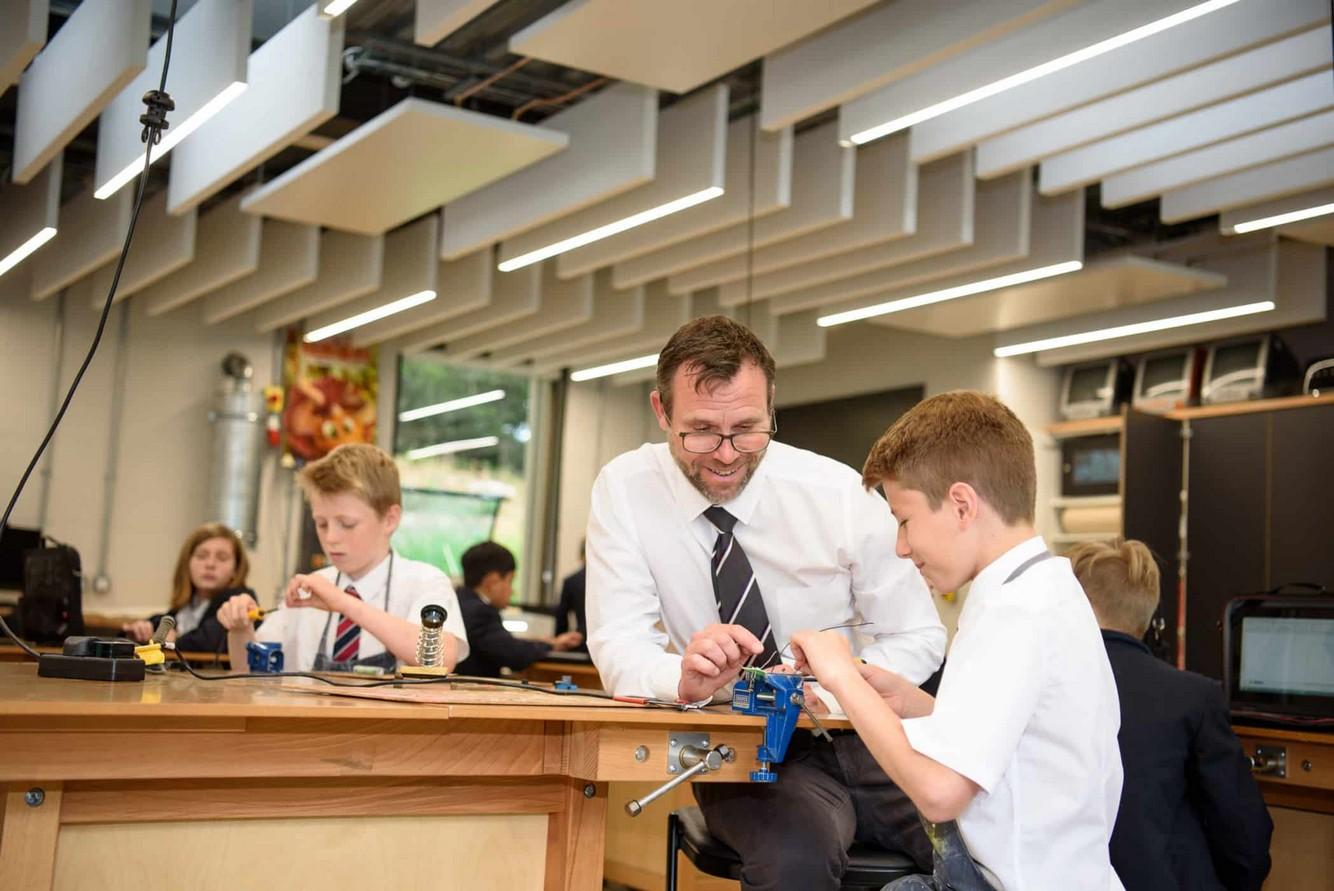

Y8 Parents Information Evening




What changes are we making?
1) Moving to a three-year GCSE starting in September, 2025
2) Introducing the Joyce Grenfell Programme into Year the GCSE curriculum from September, 2025


Why a three-year GCSE?
- A three-year GCSE will allow pupils to study the subjects they are passionate about for longer, providing a more dedicated teaching time.
- It will allow us to elongate the GCSE curriculum to ensure there is more revision of content and skills along the way.
- More time in the GCSE curriculum will also mean more opportunity for extension and challenge.
- All of this will mean better outcomes with less intensity for pupils.


Are there any dangers or risks?
- Pupils will be offered one on one options advice from the Head of Student Futures as well as other senior staff.
- Pupils can change and switch their options up to Christmas of Year 9.
- The new GCSE Joyce Grenfell Programme will mean there is no loss of breadth – quite the opposite!


What is the GCSE Joyce Grenfell Programme?
- A timetabled curriculum that will offer pupils a range of extra, typically nonGCSE qualifications and courses designed to challenge them academically.
- Courses will cover the full range of curriculum and are likely to include at least the Higher Project Qualification, L2 Further Maths, The Northeastern University London School Certificate in Philosophy, ICM Level 2 Award in Psychology and CEFR Russian and Portuguese.


How will this fit in with the current GCSE Curriculum?
- We will make RP an optional GCSE subject and pupils will be able to choose either the RP and/or JGP as their ‘tenth’ GCSE. Pupils will, therefore, be able to sit between 8 to 11 GCSEs, depending on the strengths and interests.
- If a pupil decides not to do RP GCSE then they will take the The Northeastern University London School Certificate in Philosophy as part of their JGP journey


Is it a problem to only take 9 GCSEs and the JGP?
- No, absolutely not. In fact, many high performing schools have a core GCSE curriculum of 9 subjects and UCAS says…
“Most students will do nine or ten subjects depending on how your school organises its curriculum. To secure the best grades, it’s best not to overload students — more than ten can be counterproductive. Equally, unless there are specific educational or health circumstances involved, fewer than eight leaves little scope for choices and narrows experience. It would also need to be explained if and when a student applies for university.”


- This is an exciting development for the school that will ensure pupils achieve the best GCSE outcomes possible whilst also having exposure to a wide range of new and exciting courses that will build skills and knowledge that is relevant to the modern professional world.

